Health Benefits of Gardening
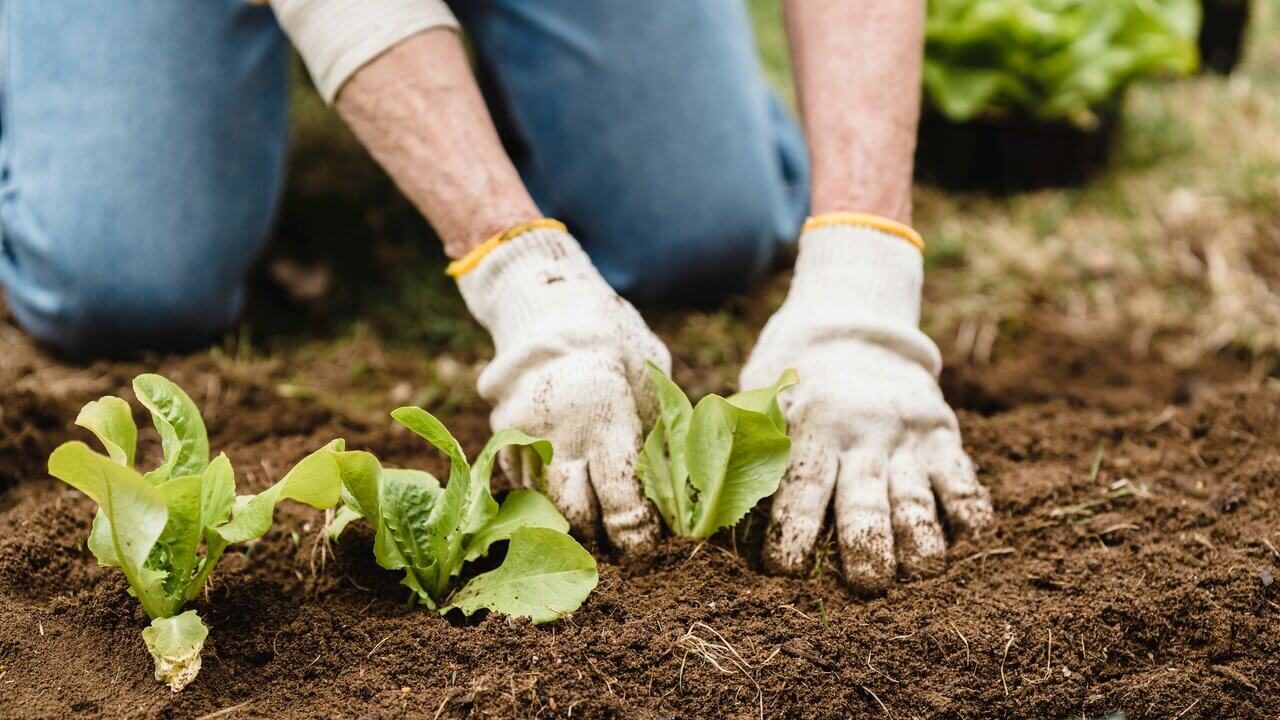
The joy of growing and harvesting my own vegetables is serene. I often find myself reflecting on the effect it has on my health and well-being and that of my family and friends. Backed by science and experience, the health benefits of gardening impact us physically, mentally, and socially and can remain with us for our lifetime.
After spending time in my garden, I feel satisfied and content. I know the completed work is good for my garden and offers so much more than mere food to eat.
Physical Benefits of Gardening
The health benefits of gardening are physical and a form of moderate and enjoyable exercise. Each movement made in tending the garden is part of a garden workout.
Digging, planting, and weeding involve different muscle groups. Engaging these muscles aids in strength building, endurance, and flexibility, all of which are important to maintain as we age.
Spending time outdoors in our garden we can breathe in fresh air and absorb vitamin D. The sun provides this important vitamin we need for bone health and a strong immune system.
My main reason for growing vegetables is to model and promote healthier eating for my family. It is easier to teach my children to eat healthy food when we enjoy veggies from our own yard.
The effort we spend tending plants provides a sense of anticipation. This encourages them to want to enjoy the product of their effort.
By introducing them to fresh vegetables at a young age, they learn to appreciate and savor how much better our own produce tastes. Learning the value of a diet rich in vitamins, minerals, and fiber from unprocessed produce directly influences their eating habits.
They are more likely to try a new vegetable if grown in our garden than if purchased from a store.
Working with hand tools in the garden helps maintain hand strength and fine motor skills. Maintaining this dexterity is important as our bodies age.
Exercise has been shown to reduce the risk of heart attacks and strokes. It does not have to be in strenuous forms such as running. It can be accomplished through regular gardening and can result in a significant decrease in risk.
Physically moving and completing daily garden maintenance burns calories. This can be helpful for weight management and possibly even weight loss.
Mental Health
Vegetable gardening is a peaceful process. It allows me to clear my head and focus on nature instead of the busyness of daily life. The repetitive nature of gardening tasks is not intellectually demanding, and I find that my stress level decreases as I tend to the plants.
In one key study published in 2007, it was found that working with soil and being exposed to certain harmless bacteria might actually be good for our mood because of the way it increases serotonin levels and reduces anxiety.
As a gardener for many years, I’ve experienced this stress relief while working with soil.
Participation in leisure activities, such as gardening, social gatherings, and physical activity, among others, has been related to better cognitive performance in old age, according to another study published a decade later.
This is important to me. I want to keep dementia and other neurological issues at bay. The planning, learning, and attention required when gardening is a form of brain exercise that promotes mental clarity and focus.
For individuals facing mental health challenges, horticultural therapy has emerged as a powerful tool. It aids in the treatment of conditions such as depression and dementia.
Social and Community Benefits
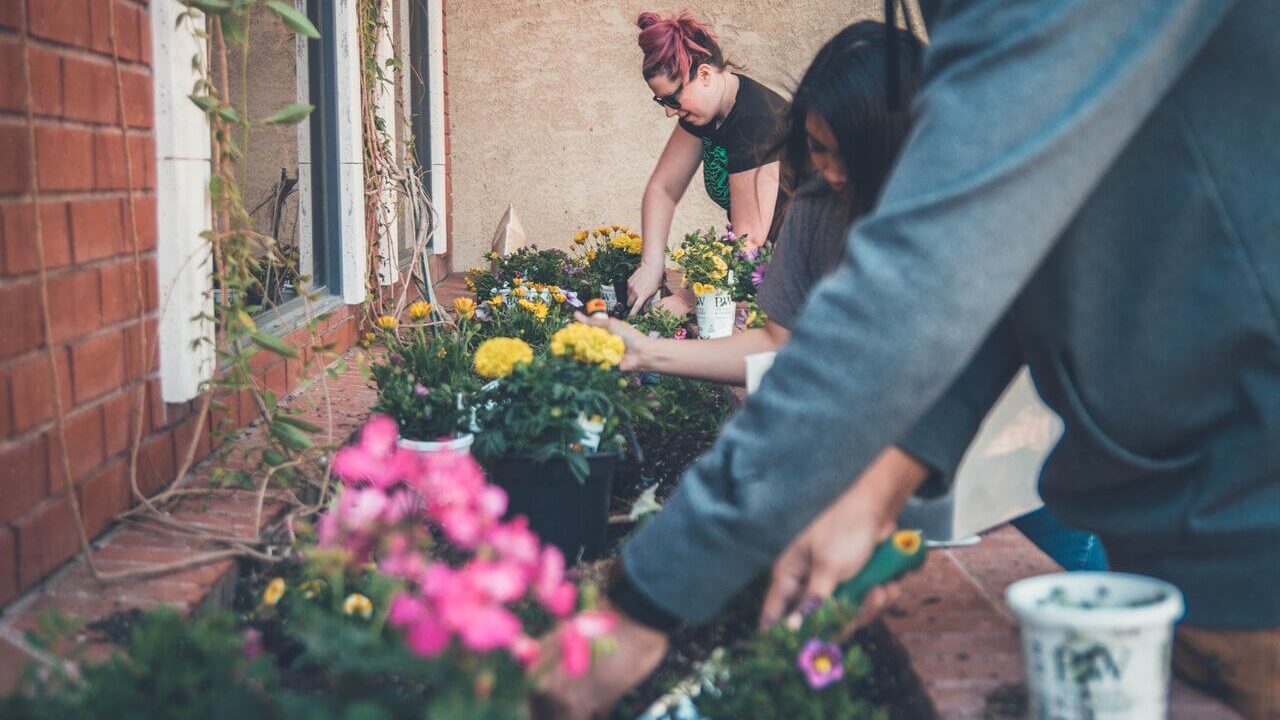
Gardening has a unique ability to join community members together and provide education at the same time. This is one of the main reasons I chose to become a Master Gardener.
The initial class involved reading, lectures, and discussions, followed by hands-on gardening and public events in which we take education to the community.
As Master Gardeners, we maintain public gardens, engage with community members while answering questions, and provide education for children and adults.
Participating in community gardens brings neighbors together and fosters a sense of belonging and accomplishment. I love watching multigenerational families interact and learn together. It’s a valuable forum where sustainable practices and nutrition are passed down to the next generation.
I was a product of this education and learned the love of vegetable gardening from my parents and grandmother. It provided me with memories that decades later continue to bring me joy and motivate me to continue gardening.
From a higher and wider perspective, vegetable gardening is healthy for Mother Earth.
Growing a variety of plants, including non-edible plants, trees, shrubs, and grasses, supports biodiversity. Each garden is an ecosystem that supports nature and wildlife.
In gardens where we grow our own food, we are also reducing the carbon footprint associated with the transportation of produce.
Environmental Health Benefits of Gardening
As we garden, we need to do so carefully and with appreciation for the environmental impact on our bodies.
Protective measures such as wearing sunscreen, staying hydrated, and using ergonomically designed tools are essential in making sure that the health benefits of gardening are enjoyed to their fullest.
Applying sunscreen before going outside and reapplying throughout the time you’re working outside is a must to prevent skin cancer. Wearing a wide-brimmed hat that provides shade for ears and face is quite helpful as well.
Taking water with me in an insulated bottle encourages me to remain hydrated. Staying hydrated allows me the stamina to garden for a longer amount of time.
Raised garden beds of varying heights make gardening more accessible to many people. Thicker, softer, and ergonomically designed handles on garden tools allow many gardeners to use tool options not previously available.
These are only a few examples of many that can accommodate needs and allow more people the ability to garden.
Vegetable gardening offers so much more than produce to eat.
The health benefits of gardening start with the simple act of planting a seed and caring for the plant that grows. It is through this practice that I have realized how true it is that we are one with nature. Engaging in the practice of gardening head-on, I am bettering my life and the lives of all that I touch.
Kim Nelson is a Master Gardener in Texas and previously in Colorado. She learned the love of gardening from her parents and grandmother.

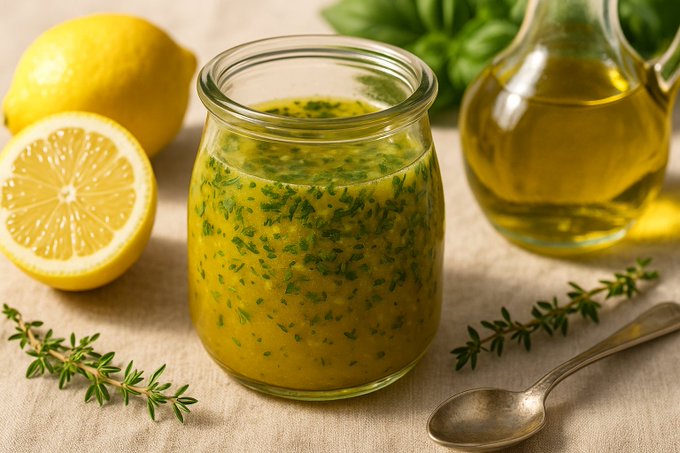
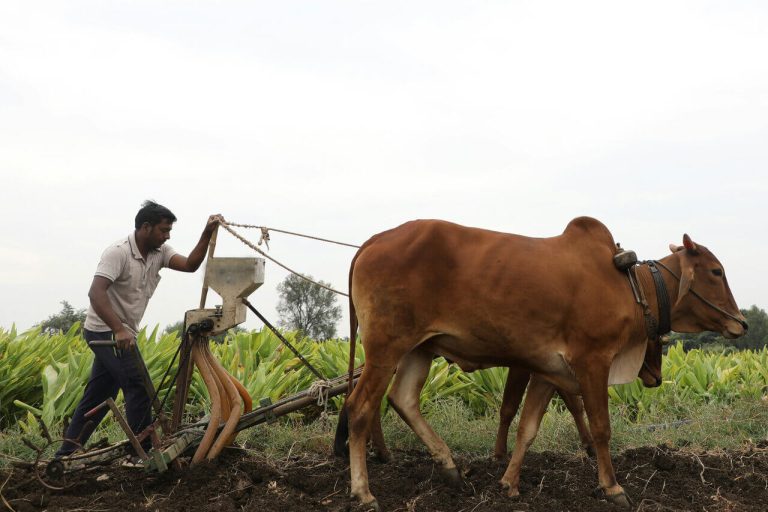

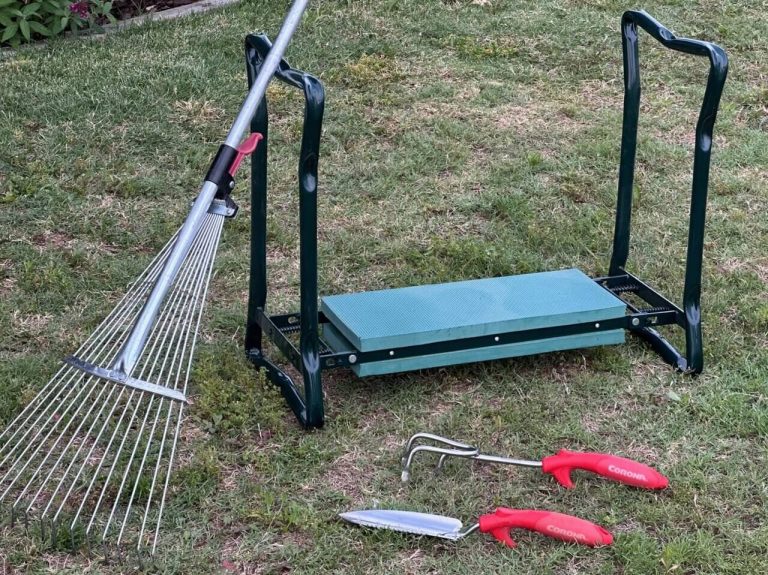
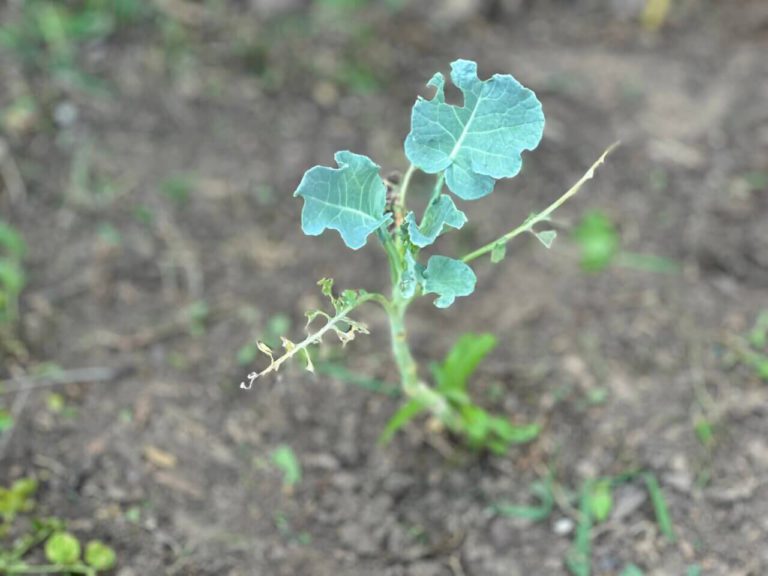
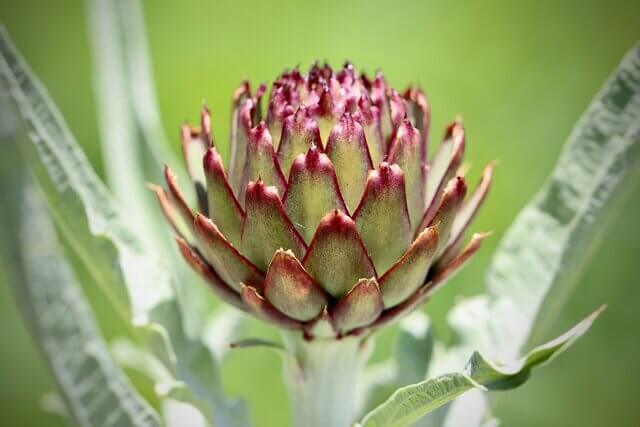
5 Comments
Comments are closed.